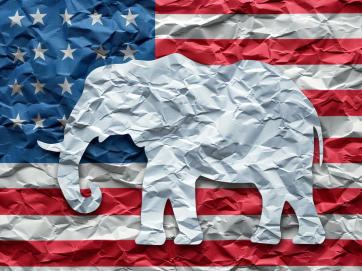Today the National Association of Scholars is releasing its latest report: Neo-Segregation at Yale. The report is part of a much larger project titled, Separate but Equal, Again: Neo-Segregation in American Higher Education. This project studies and documents the growth of neo-segregation on American college campuses through case studies and a database of 173 colleges and universities.
The Supreme Court’s 1954 in Brown v. Board of Education and the reinvigorated Civil rights Movement spurred American colleges and universities by the early 1960s to a good-faith effort to achieve racial integration. To overcome the shortage of black students who were prepared for elite academic programs, universities such as Yale began to admit substantial numbers of under-qualified black students. Disaster ensued. More than a third of these students dropped out in the first year and those who remained were often embittered by the experience. They turned to each other for support and found inspiration in black nationalism. What emerged by the late sixties were radical and sometimes militant black groups on campus, rejecting the ideal of racial integration and voicing a new separatist ethic.
On campus after campus, black separatists won concessions from administrators who were afraid of further alienating blacks. The pattern of college administrators rolling over to black separatists demands came to dominate much of American higher education. The old integrationist ideal has been sacrificed almost entirely. Instead of offering opportunities for students to mix freely with students of dissimilar backgrounds, colleges promote ethnic enclaves, stoke racial resentment, and build organizational structures on the basis of group grievance.
Neo-segregation is the voluntary racial segregation of students, aided by college institutions, into racially exclusive housing and common spaces, orientation and commencement ceremonies, student associations, scholarships, and classes. This case study of Yale University is part of a larger project from the National Association of Scholars, "Separate but Equal, Again: Neo-Segregation in American Higher Education." The Yale report explains:
- Yale’s attempt to deal with the academic deficiencies of black students alternately by segregating them into remedial programs or mainstreaming them into programs they couldn’t handle.
- The readiness of black students to adopt race nationalist ideas and theatrics in preference to the ideals of racial integration.
- Yale’s willingness to buy temporary racial peace on campus by conceding to segregationist demands, even when this meant sacrificing academic standards and principles of equal application of rules regardless of race.
Download the ongoing database, chart/tables, interpretive document, and terminology -->













